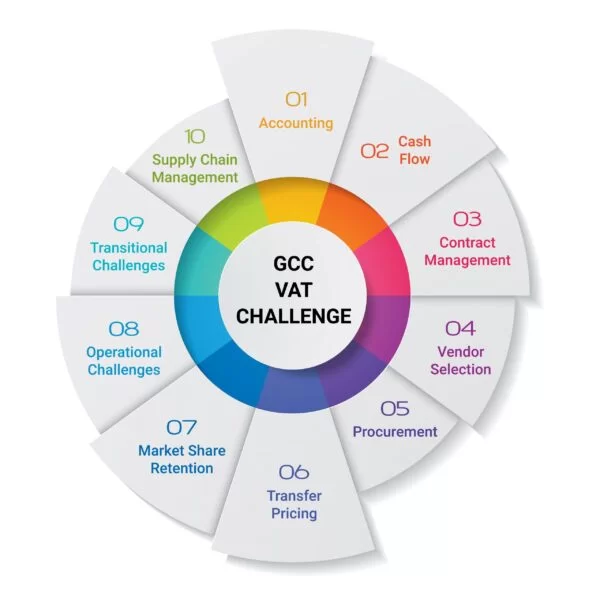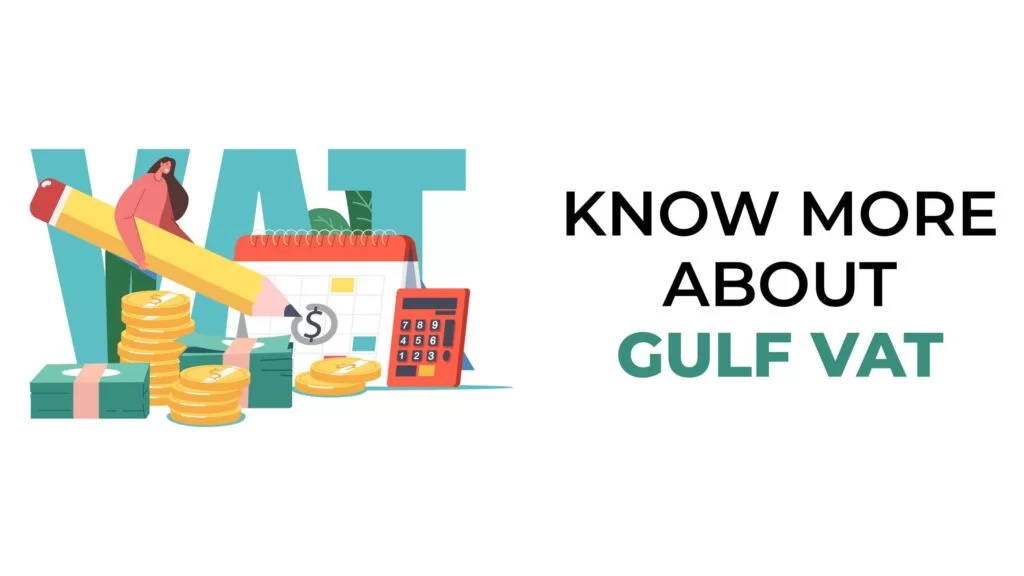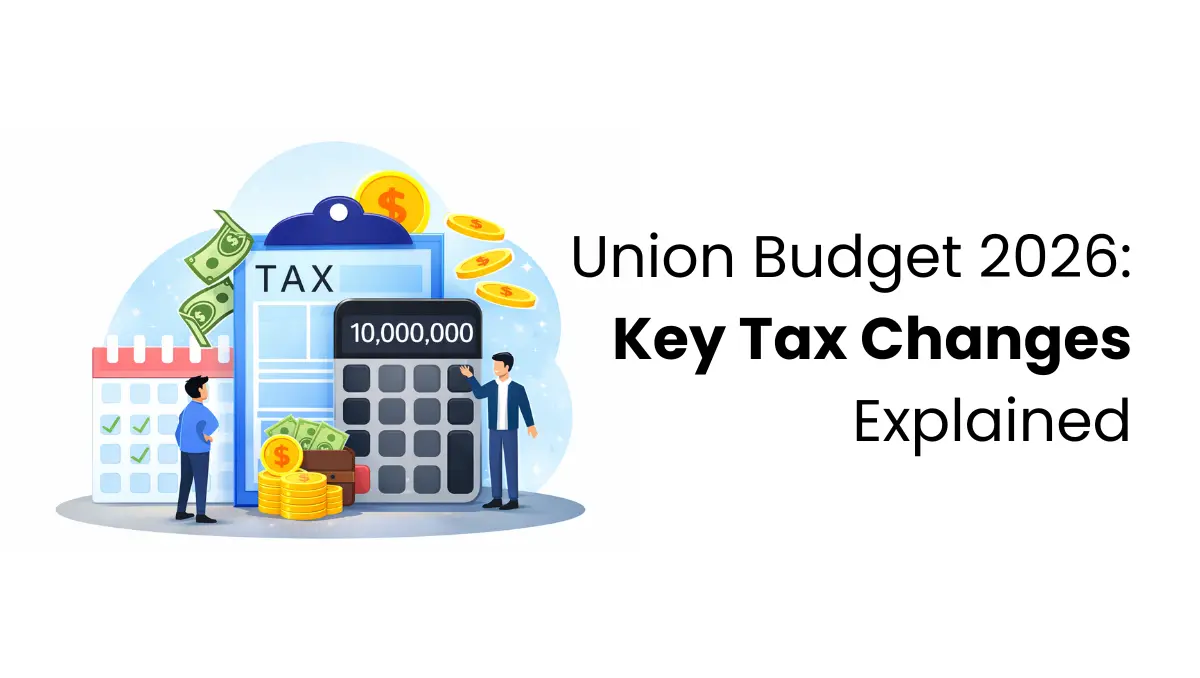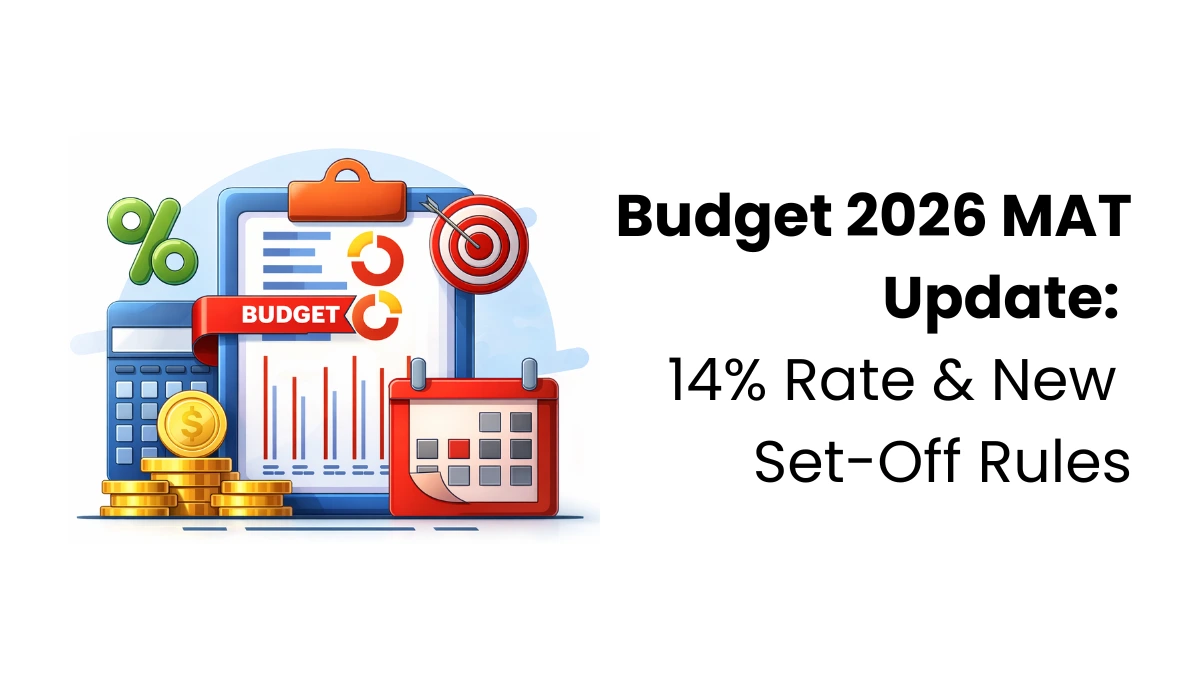Why is it important for us to learn more about VAT in GCC Countries? How does that help us? How is it relevant to us? Why only GCC and not any other countries?
As you read the topic of this blog, these are certain sure questions that will pop up in your mind.
At a time when unemployment is on the rise in our country, people and especially the youth population, majority being from our God’s own Country are actively looking for opportunities to migrate to the Gulf countries. Did you know that the India – Gulf migration is the second largest migration corridor in the world? Hence learning about their laws and systems have become of utmost importance and relevance today.
So, what is GCC VAT?
The GCC Value Added Tax (VAT) is an indirect tax levied/charged at each stage of production and distribution of goods and services in the member states of the Gulf Cooperation Council. These countries include Saudi Arabia, United Arab Emirates, Oman, Bahrain, Qatar and Kuwait.
How does this TAX work?
Every product goes through a number of stages starting from production, till they reach the end customer. The chain of supply goes like this. A product is manufactured by a producer; this is then given to a wholesaler who in turn gives it to the retailer and he finally sells it to the end customer. The VAT is a tax that is levied in each of these stages of production of a product. Every business that functions in the GCC Countries will levy the VAT on behalf of the Government. It is the end-user who will incur this payment while he/she purchases the product.
Why is VAT introduced only in the Gulf Countries?
We all know that oil was the one and only main source of revenue for the Gulf countries. In the year 2015, when oil prices started steeping downwards, and the world started finding replacements for oil with renewable resources, these GCC countries knew that it was time to face the future. More like, they knew this was coming, sooner or later. That is when they turned to another source of income to keep their economy stable – The VAT Tax.
The VAT Tax treaty was signed by representatives from each of the GCC countries in October 2016. The treaty said that the countries need to have VAT in place by Jan 1st 2018. The first countries to implement this tax was Saudi Arabia and the United Arab Emirates, on the deadline dates given to them. Bahrain launched VAT on Jan 1st 2019 and Oman on April 1st 2021. Kuwait and Qatar are yet to implement VAT, but will soon introduce it in the coming year.

What are the rules and regulations for VAT Tax?
The GCC VAT is calculated at 5%. This may increase in the coming years. Any business that has an annual turnover of SAR 375,000 must register for the VAT. The basic documents required while filing for VAT include the invoices of every sale they make. Businesses are required to file these tax returns monthly or quarterly.
According to the 36th council meeting and agreement signed by all these countries, every country has a body that sets rules and regulations for implementing VAT tax in their respective countries. They are as follows –
Saudi Arabia – General Authority of Zakat and Taxes
United Arab Emirates – Federal Tax Authority
Bahrain – National Bureau of Revenue
Oman – Oman Tax Authority
These rules and regulations are not very different in each of the countries. Hence it is easy to learn and understand VAT and its laws if you study one county’s in detail. Finprov brings to you a course that is well researched and extensively talks about the VAT system of the United Arab Emirates. Make sure to learn in detail and depth about the VAT tax because this will help you understand and prepare for your dream career and life in the GCC Countries, and we at Finprov have it ready and set, making this process super easy for you.
So what are we waiting for? Get ready to fly high.











